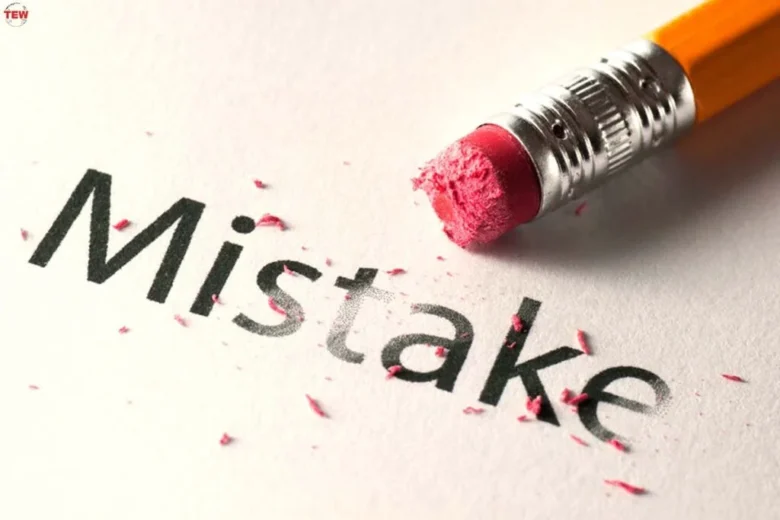Life insurance is an important part of many families’ financial plans because it gives them peace of mind that they will be taken care of financially if their loved one dies suddenly. But the process of buying life insurance can be difficult to understand and people often make mistakes. To ensure you choose the best for your family’s future, be aware of common mistakes. Don’t make these seven mistakes when buying life insurance.
1. No Estimate of How Much Insurance You Need:
One of the most common mistakes people make when buying life insurance is not getting enough coverage. Many people choose the amount of coverage they need based on an educated guess or a seemingly high number, without really considering their financial situation. It’s important to take everything into account, such as how much money you will need in the future, your debts, the cost of your children’s education, and your future healthcare costs. Financial experts typically recommend purchasing coverage equal to 10 to 15 times your annual income, but this can look different for each person.
2. Missing Policy Details:
There are many conditions that can have a major impact on life insurance benefits. If you don’t read the fine print, something could go wrong. It’s important to understand everything about insurance, including what they don’t cover, what they do cover, how premiums increase, and how to renew. Pay close attention to the guaranteed death benefit, the length of the term, any premium increases and the circumstances under which cover may be available.
3. Taking Out the Wrong Insurance:
Many people have difficulty choosing between short-term life insurance and permanent life insurance. Because term life insurance is cheaper and only covers a certain period of time, it is a good option for short-term needs. Permanent life insurance, such as Whole Life or Universal Life, gives you lifelong protection and saves you money. However, it costs more. If you don’t understand the difference and choose the wrong type for your needs, you could end up paying too much for insurance or not getting enough coverage.
4. Postpone Your Purchase:
People often think that purchasing life insurance can be postponed until later in life. Life insurance rates, on the other hand, increase with age and health problems. Buying life insurance when you’re young and healthy will keep rates low and your future secure. If you wait too long, not only will your payments increase, but you could also lose coverage due to new health problems.
5. The Inability to Review and Update Policies:
Your life insurance needs may change if you get married, have children, get a new mortgage or change jobs. If you don’t make these changes to your life insurance policy, you may not have adequate or insufficient coverage. Every few years or after a major life event, you should review your life insurance policy to ensure it still meets your needs.
6. Make Your Choice Based Only on Premiums:
Finding a price you can afford is important, but choosing a policy simply because it’s cheap may not be the best choice. The cheapest policy may not give you enough coverage or appropriate benefits. Consider the company’s image, how easy it is to make a claim, how good the customer service is, and how stable its finances are. Sometimes a little extra money can get you better coverage and make the claims process smoother.
7. Don’t Look Around:
When purchasing life insurance, many people do not consider all of their options. If you only use one insurance company or don’t use the tools offered to compare policies, you could get worse terms. To learn more about different plans and insurance companies, you can use online comparison tools, talk to a financial advisor, or meet with an insurance agent. This can help you get the best coverage for your needs at a price you can afford.
Conclusion:
If you don’t make these seven mistakes, you can get the right life insurance policy that does the job without breaking the bank. Remember, the purpose of life insurance is to provide you with protection and peace of mind. To get the most out of this important financial tool, take the time to understand your options, make informed choices and keep your policy up to date. If you approach this process with knowledge and careful thought, you can ensure that your life insurance plan meets the long-term needs of your family.
FAQs:
1. What should I consider when calculating how much life insurance I need?
When determining how much life insurance you need, you should consider your current income, your bills, your future obligations (such as paying for your children’s college expenses), your daily living expenses and, if you die, your family. economic impact? A good rule of thumb is to get insurance that covers 10 to 15 times your annual income. However, depending on your situation, you may need a different amount.
2. What is the difference between term life insurance and whole life insurance?
A life insurance policy that only pays out if you die within a certain period (such as 10, 20 or 30 years) is called term life insurance. It is usually cheaper and suitable for short-term service needs. Permanent life insurance, such as whole life insurance or universal life insurance, gives you coverage for your entire life, with a cash value component that grows over time. This makes it more expensive, but will give you financial benefits in the long run.
3. Why is it important to get life insurance as early as possible?
It’s a good idea to get life insurance early because insurance rates are generally lower for younger and healthier people. It can be difficult to get coverage if you have health problems or if your costs increase as you get older. If you buy early, you get better prices and longer-term security.
4. Besides payment, what should I pay attention to with life insurance?
When looking at a life insurance policy you should consider how financially stable the company is, how good their customer service is, how easy it is to make a claim and whether there are any additional benefits or extras that can be added to the policy . . Also consider the terms of your renewed policy and any conditions that may affect your coverage, such as uninsured items or any interest rate increases.
5. Is it better to buy life insurance online or through a broker?
Both methods have their pros and cons. Dealers can give you personal advice and help you make difficult purchasing decisions. On the other hand, purchasing items online can be more convenient and cheaper. Think about what you like, how complex your needs are, and whether you value the convenience of talking to someone in person or doing business online.



